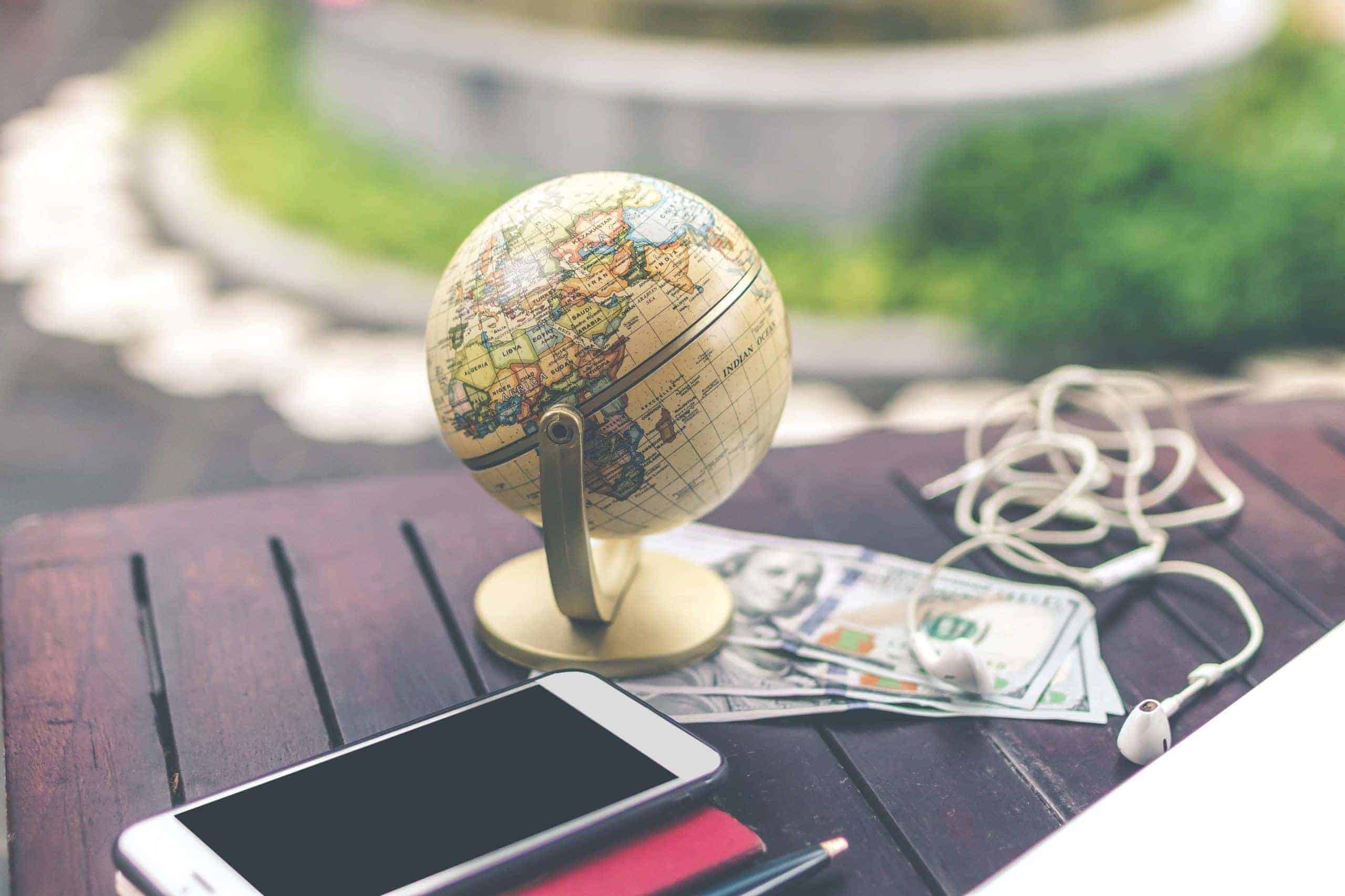Tickets, accommodation, and visas are the first things to be dealt with when preparing for any journey. When everything is ready, it seems that you can relax. However, there are a number of things to consider before you travel. They are not mandatory, and they are often forgotten or postponed, but if you consider them, you can save valuable time and money.
1. Find out all the nuances about currency
Before you travel to any country you need to find out what currency you will pay in, where to get it, what rate is profitable and how to pay better. There may be a lot of options. Different exchangers might have the same rate, but one place might have a better purchase rate, another might have a better sale rate, and third place might have an exchange commission. In the developed Netherlands you can be very surprised when they tell you that you have an unsupported card and you can’t pay with it. In Uzbekistan, you will be offered to exchange currency at a hotel or airport, but it is better to do it at the market outside. And in North Korea, you can only buy local money at a hotel, no matter what currency you have, it will be profitable anyway.
As you can see, everything is quite individual and the conditions can change. It is better to study the issue of money exchange in advance than to lose part of the money that can be spent on vacation due to ignorance.
2. Learn how to get to the hotel
It would seem you’ve flown in and everything’s fine. But if you have not taken care of your first route in a foreign country, there is a chance to run into inflated costs. If you bought a tour with a transfer, then there should be no problem. If you have organized everything yourself, you may have a choice:
- To walk (it will do if everything is nearby).
- Call a taxi.
- Get on public transport.
- Use a hotel transfer (often free of charge).
- Rent a car at the airport.
Surprisingly, any of these options can be both the cheapest and the most expensive. In Europe, taking a taxi from the airport will be prohibitively expensive, and in China, it is very cheap. You can take the bus and go to the wrong place, etc.
When you find yourself in a foreign country, especially for the first time, it is difficult to understand even the easiest information due to psychology. If you are tired and full of bags in Canadian-style warm clothes on the Côte d’Azur, you immediately attract the attention of all kinds of assistants who may not be the most conscientious. You need to quickly find yourself in a comfortable environment, put things down and just relax – usually it’s a hotel or apartment.
3. Find out what is the best and cheapest way to get around
Well, here you are, now figure out how to move on. If you have a hotel near the sea, everything is included, and you do not want to go anywhere, it does not apply to you. And if you stay on the outskirts, you have to be well prepared. Make in advance a list of interesting places with addresses and study, on what transport it will be more convenient for you to reach them. In European cities, renting a bicycle can also be a great option.
4. Install Google maps or another navigator
If you are still traveling with a paper map, try to enter any address in google maps or other similar services. You will see not only this place but also all the possible options on how to get to it, the price and duration of the trip. Especially in large cities with an extensive transport network – knowing the right modes of transport and names of stops is extremely important in order not to get lost. Once you’ve tried it, you can’t help but use it. Often in such applications, you can save your credit card and use it without the Internet.
5. To provide yourself with the Internet
Maps, messengers, social networks and other useful applications almost always do not work without the Internet. It is important to find out how to get yourself wireless Internet access. Today, almost everywhere, this can be done without problems. There are many options: roaming, local SIM cards, wi-fi, etc.
6. Draw up a rough travel plan
A lot of people are lazy and don’t plan to do anything about it. Firstly, there will be more laziness on the spot, and secondly, there is no time to rest, sit on the Internet and plan your route. Schedule yourself a nice plan for every day. Most local trips, visits to museums and theatres, visits to viewing platforms and other attractions can be booked in advance online. This will save you the trouble of waiting in line and save you time exploring the country. Find out how long the places you are interested in are open for and are there any free days to visit. Don’t forget to explore the local cuisine, so you will know in advance which menu items are worth paying attention to. Traveling time ends very quickly, so it is worth making an effort to plan to make the most of it.
Not only do beginners not take these points into account, but experienced travelers rely on their experience, forgetting about these basic ideas and get upset by missing something interesting. We hope our list will make your travels only better. Use and share your observations with Yikigai.



